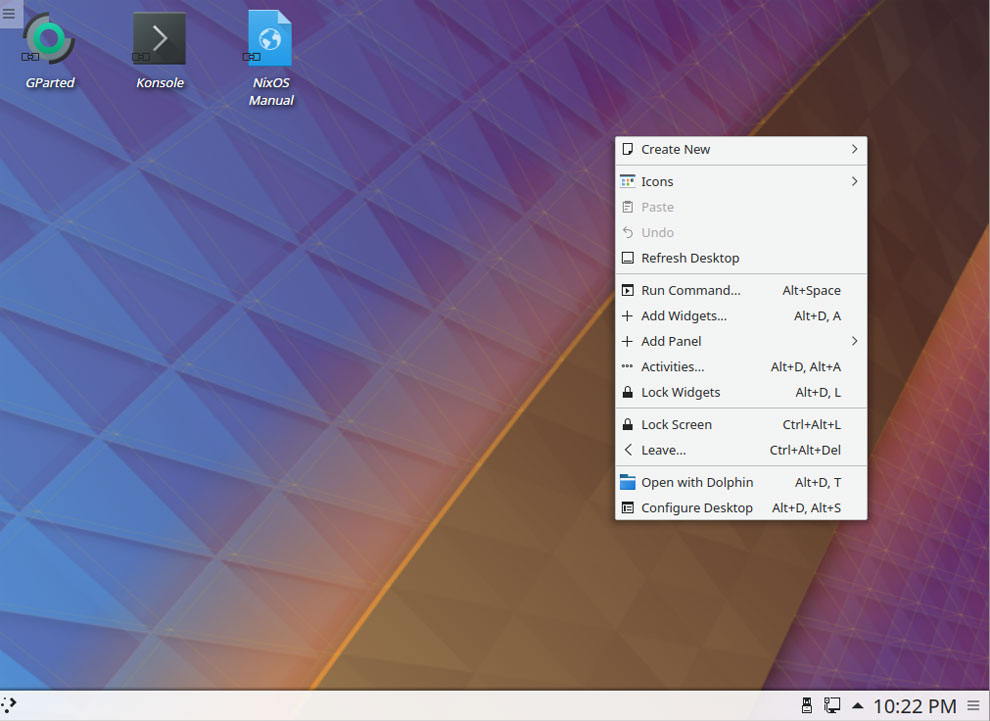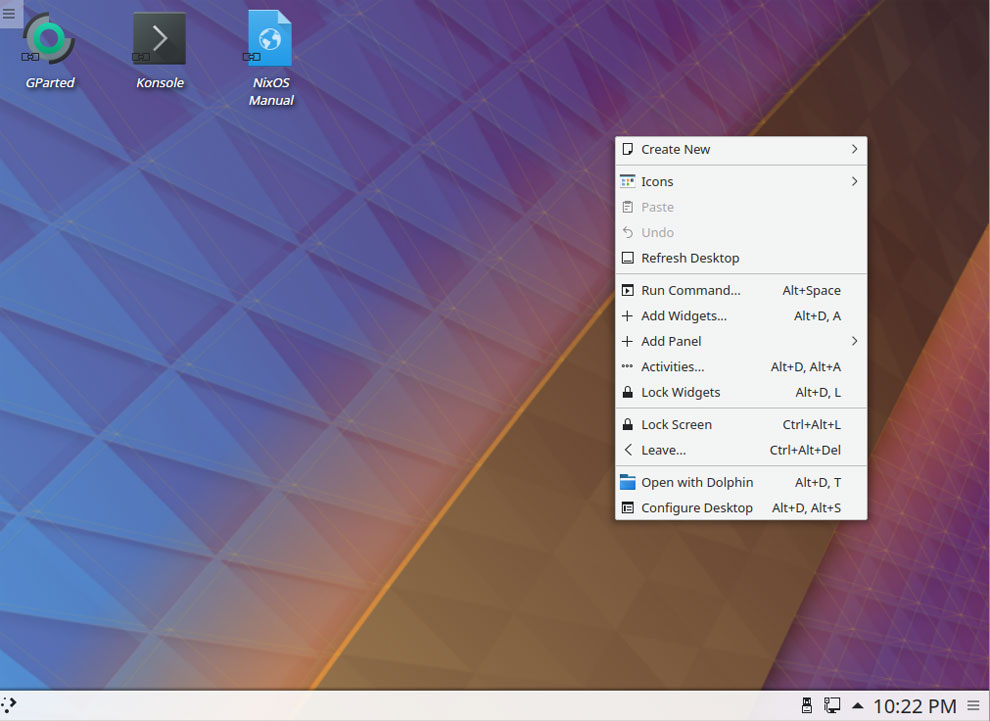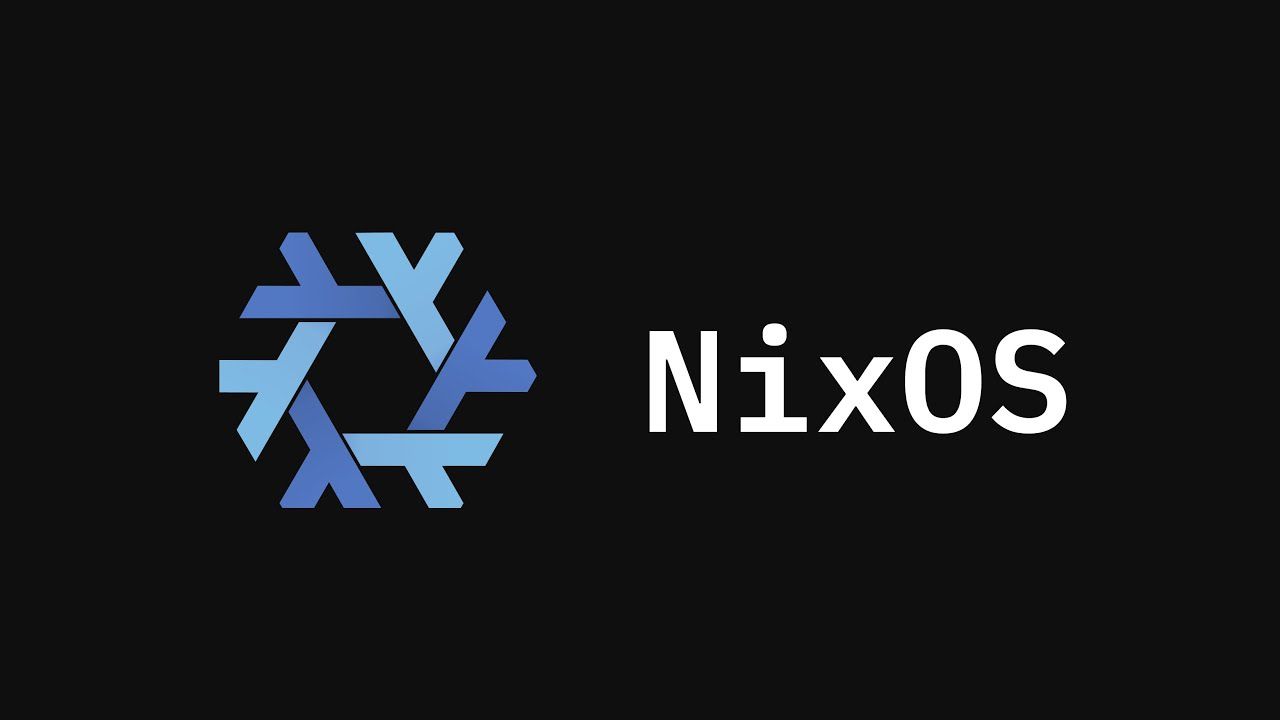Critical Security Update for ca-certificates-mozilla: What You Need to Know
In a fast-paced digital landscape, security updates are more than just routine maintenance; they’re essential for protecting sensitive data. Recently, an important security patch was released for the ca-certificates-mozilla package, which affects several SUSE Linux Enterprise products, including the High-Performance Computing and Server editions. This update addresses vulnerabilities that could potentially expose users to significant risks.
Latest security enhancements in SUSE Linux
Overview of the Update
The ca-certificates-mozilla update primarily focuses on maintaining a robust list of trusted SSL root CAs. The version bump to 2.68 signifies updates from Mozilla, which is crucial given the evolving landscape of online threats. You’ll find significant changes, such as the addition of the FIRMAPROFESIONAL CA ROOT-A WEB and the distrust of GLOBALTRUST 2020, which are moves aimed at reinforcing trust in secure communications online.
What Changed?
This update wasn’t just a maintenance release; it upgraded the security foundations for the following products:
- SUSE Linux Enterprise High Performance Computing 12 SP5
- SUSE Linux Enterprise Server 12 SP5
- SUSE Linux Enterprise Server for SAP Applications 12 SP5
A thorough review of the update notes reveals not only the addition of new authorities but also other root CAs updates, including:
- Updated to 2.66 state of Mozilla SSL root CAs
- Added: CommScope Public Trust ECC Root-01
This shows that SUSE is keeping pace with industry standards and is positioning itself to combat modern security threats effectively.
Installation Instructions
For those running affected products, it’s recommended to take action promptly. The installation process can be done smoothly using the SUSE methods, such as YaST online_update or the commonly used zypper patch command. Below are the required commands for each specific product:
zypper in -t patch SUSE-SLE-SERVER-12-SP5-2024-2767=1 # High Performance Computing
zypper in -t patch SUSE-SLE-SERVER-12-SP5-2024-2767=1 # Server
zypper in -t patch SUSE-SLE-SERVER-12-SP5-2024-2767=1 # SAP Applications
Always remember to back up your configurations and data prior to performing any upgrades.
Command line security enhancements
Why This Matters
Staying updated isn’t merely about receiving patches. It’s about understanding what those patches mean for overall security posture. In my experience, I’ve seen too many organizations still operating on outdated systems, complacently believing they are safe. The consequences? Cyber attacks that exploit vulnerabilities unknown to the system administrators. As an IT professional, I cannot emphasize enough how essential it is to integrate regular maintenance checks into your security protocols.
References and Further Reading
For those who want to dive deeper into the nuances of this update, the following references provide in-depth discussions:
These discussions cover what vulnerabilities were found, the reasoning behind updates, and explain why certain CAs were added or removed. They should be essential reading for anyone directly involved in system administration.
Importance of patch management in security
Conclusion
In conclusion, SUSE’s proactive stance on security updates for the ca-certificates-mozilla package is a reminder that we can’t afford to be lax in our security measures. Each update, no matter how small, can significantly impact our defenses against cyber threats. The key is to stay informed and actively manage your systems.
Don’t wait until it’s too late—ensure your systems are updated today, and help foster a culture of security awareness in your organization. Your data, and indeed your reputation, could depend on it!















